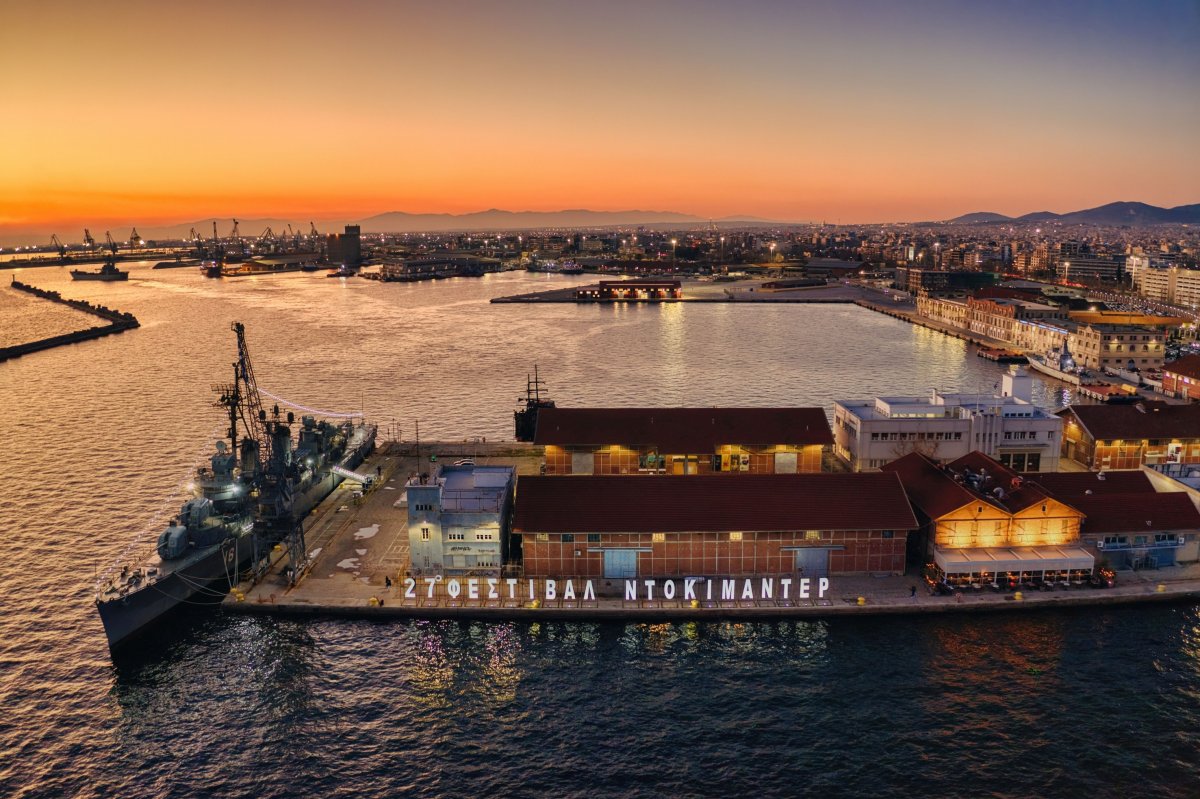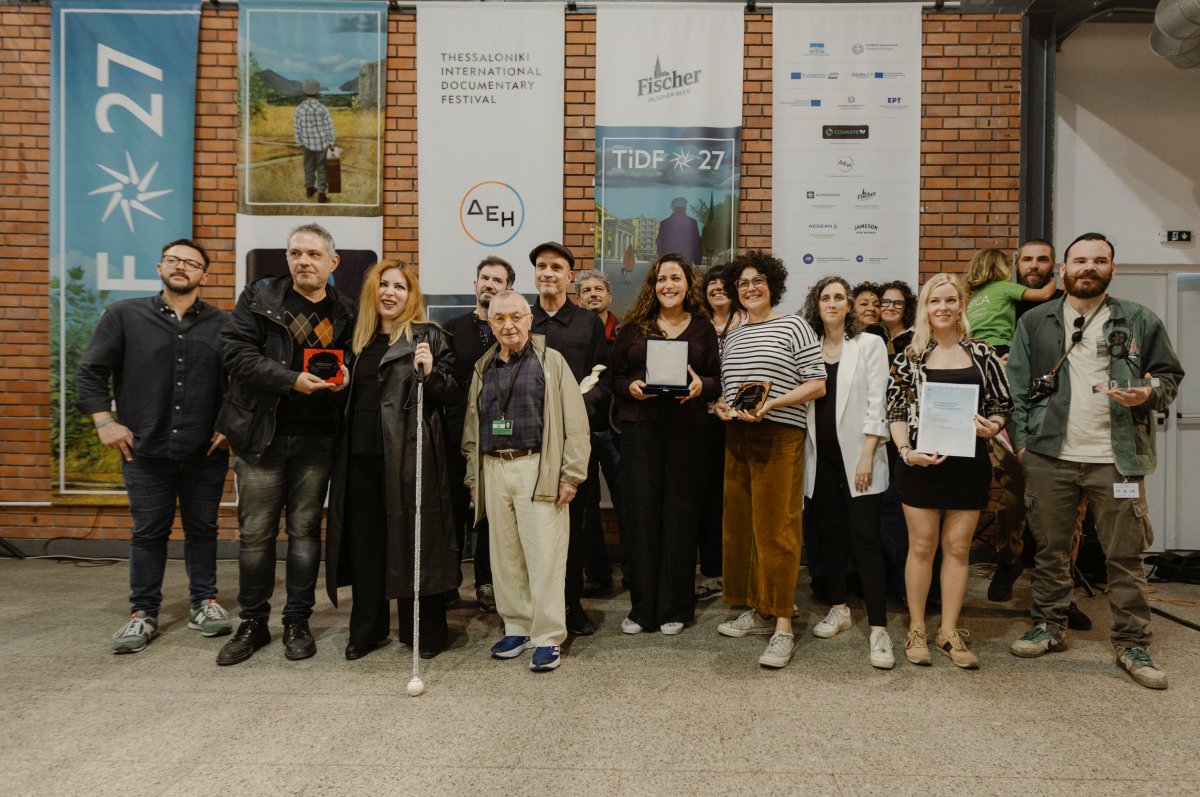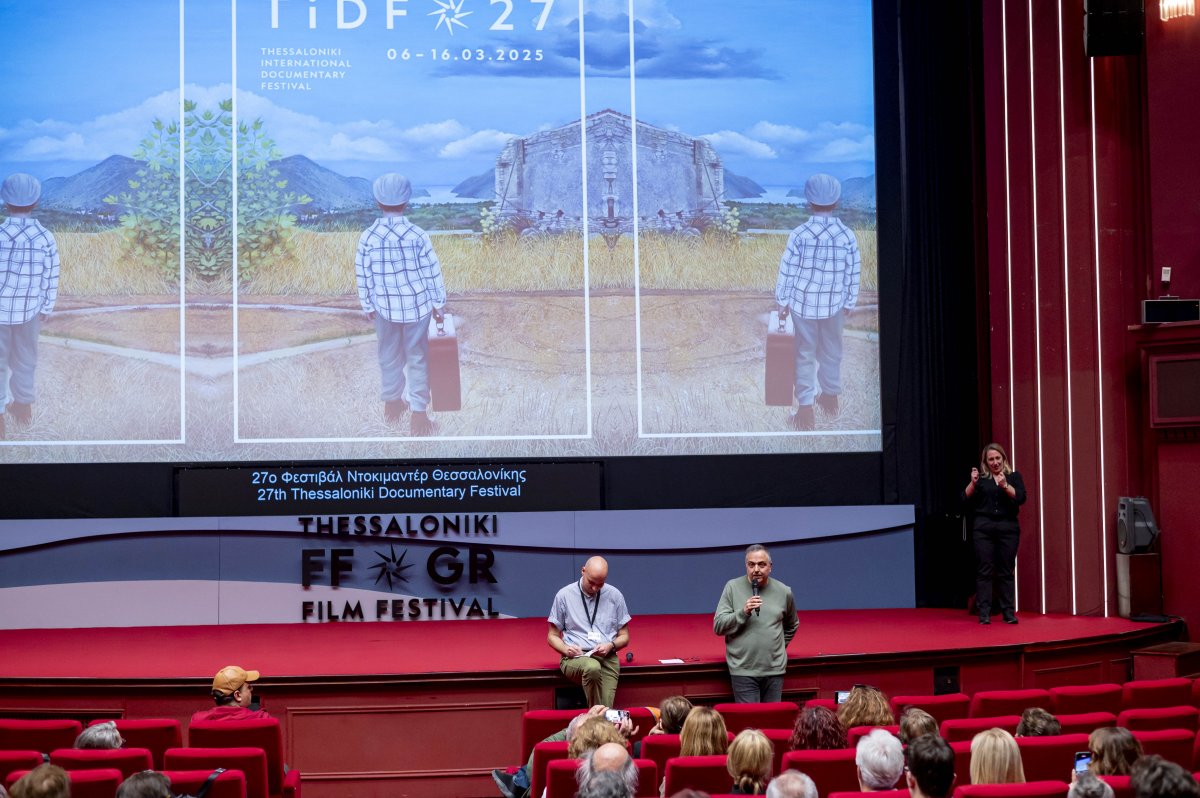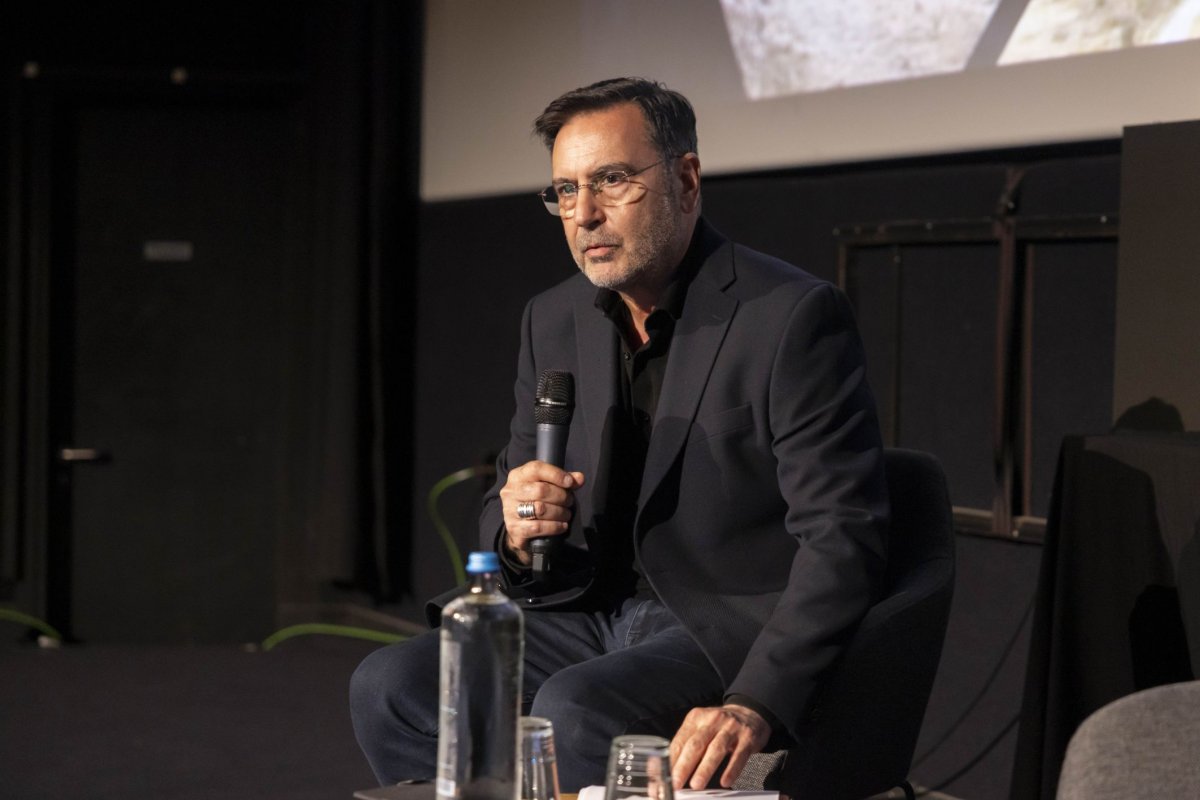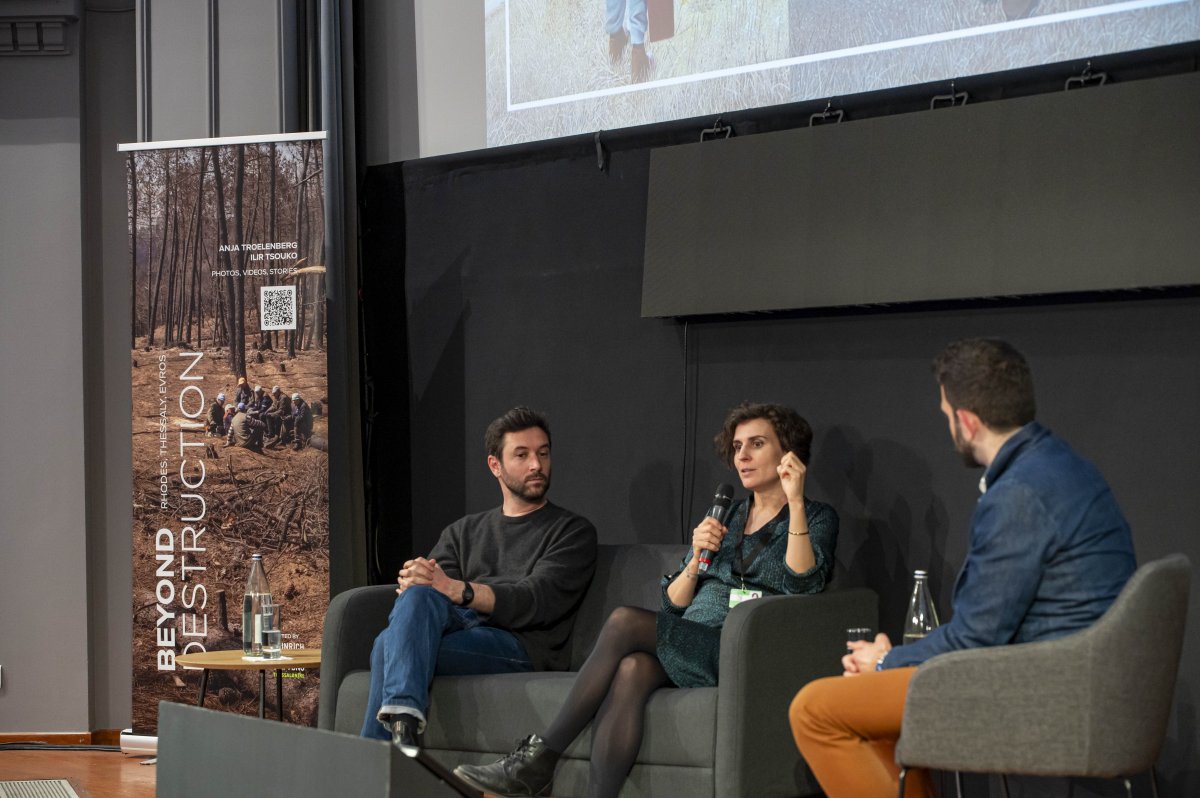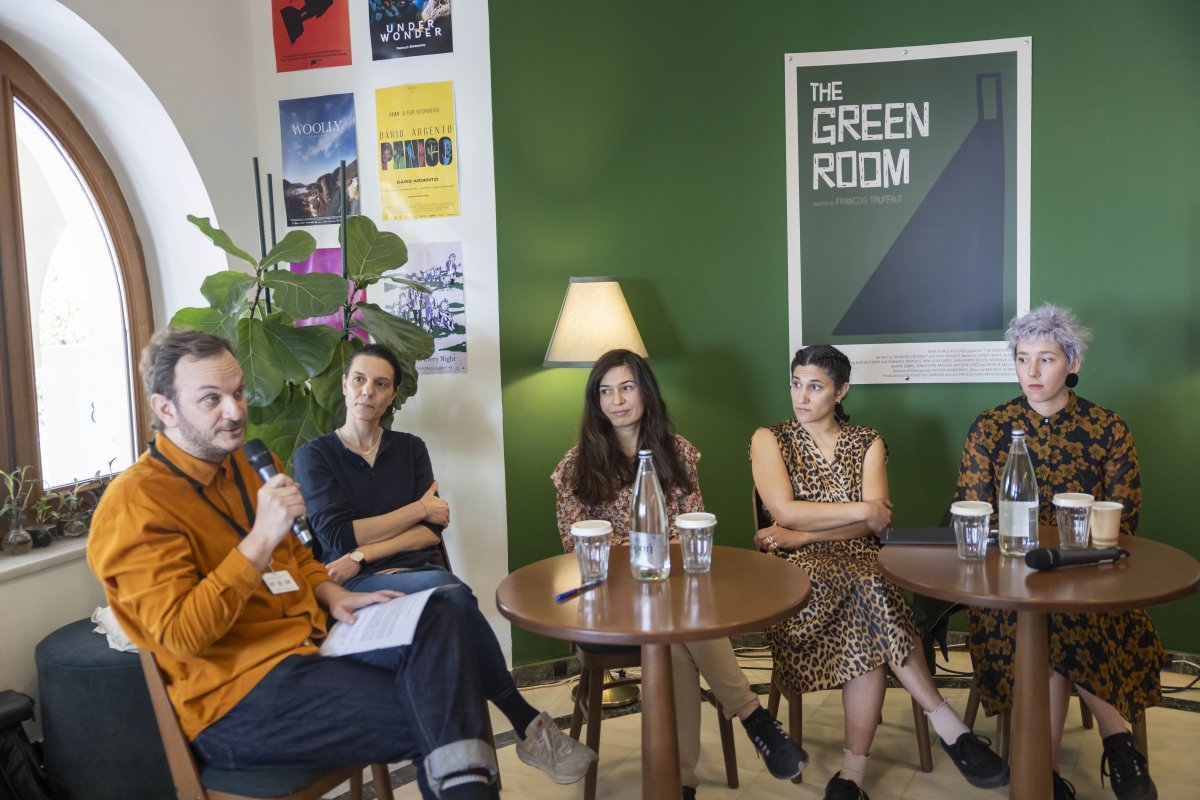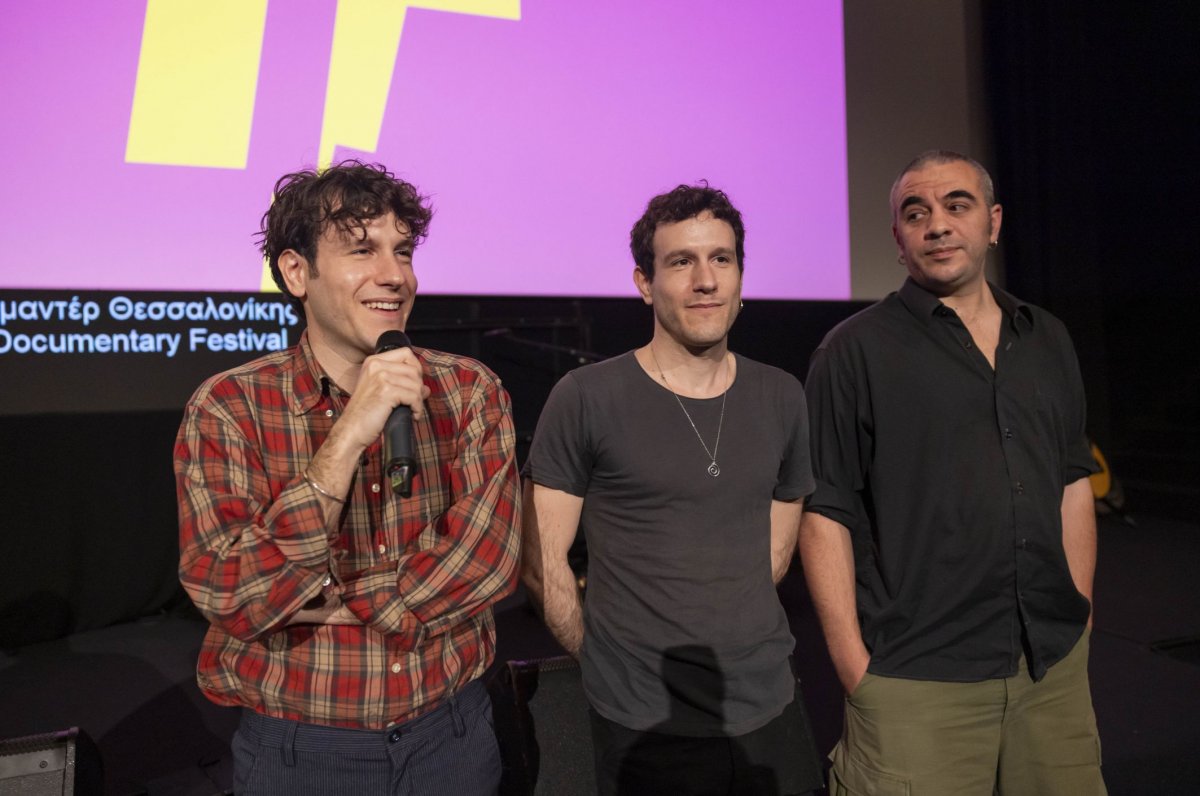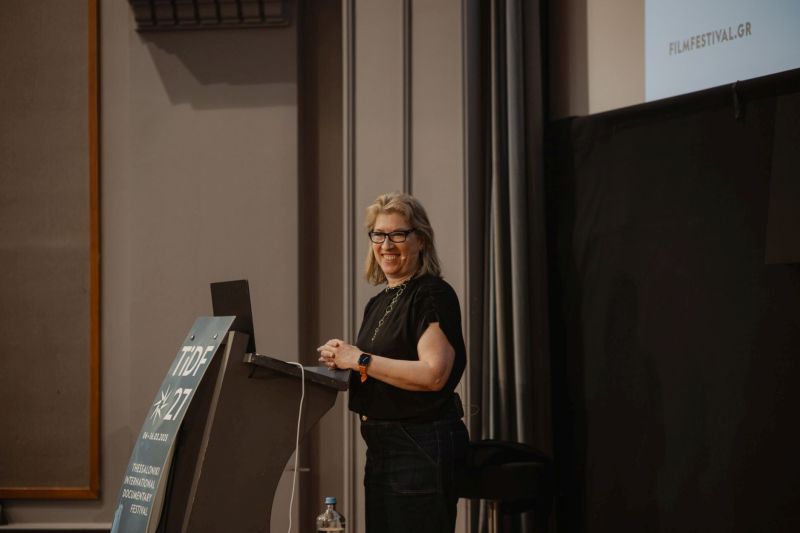In When All the Leaves Are Gone, the central heroine is the sole indigenous student in an all-white school, during the 1940s. The eight-year-old girl is aware of the hostile atmosphere around her, which will transform into proper bullying when excerpts from a history book that represent indigenous people as boors and barbarians, are read aloud in class. All alone in her own hell, she finds relief and strength within the protected world of her magic dreams. Inspired by the director and screenwriter’s personal experiences, When All the Leaves Are Gone combines autobiographical elements, fiction and legends, to interweave a moving story about self-rejection and the redeeming power of imagination.
When All the Leaves are Gone
When All the Leaves are Gone

|
No physical screenings scheduled. |
- Direction: Alanis Obomsawin
- Script: Alanis Obomsawin
- Cinematography: Philippe Amiguet
- Editing: Alison Burns
- Sound: Don Aver
- Music: Luc-Dominique Tremblay, Normand Guilbeault
- Actors: Rosalie Dumas, Daphnée Vincent, Justine Rolland, Marie-Josée Corneau, Margie Hoff
- Production: National Film Board of Canada
- Producers: Alanis Obomsawin
- Costumes: Claude Couture, Normand Héroux, Clémence Grieco, Mega Design Int'l
- Executive producer: Ravida Din
- Make Up: Louise Maisonneuve
- Format: Digital File
- Color: Color & BW
- Production Country: Canada
- Production Year: 2010
- Duration: 17΄
- Contact: National Film Board of Canada
Alanis Obomsawin
A member of the Abenaki Nation and one of Canada’s most distinguished filmmakers, Alanis Obomsawin is a director and producer at the National Film Board of Canada, where she has worked since 1967. Her legendary career spanning 54 years is devoted to chronicling the lives and concerns of First Nations people and exploring issues of importance to all. In 2020, Obomsawin received the Rogers-DOC Luminary Award at the DOC Institute Honours, given to an individual who embodies the creative spirit of the Canadian documentary tradition and displays generosity by supporting the next generation of doc-makers through mentorship, as well as the Glenn Gould Prize, presented once every two years to recognize a unique lifetime contribution that has enriched the human condition through the arts. Obomsawin’s body of work includes such landmark films as Kanehsatake: 270 Years of Resistance (1993), documenting the 1990 Mohawk uprising in Kanehsatake and Oka, as well as her groundbreaking Incident at Restigouche (1984), a behind-the-scenes look at Quebec police raids on a Mi’kmaq reserve. In January 2022, the retrospective The Children Have to Hear Another Story: Alanis Obomsawin was presented at the Haus der Kulturen der Welt (HKW) in Berlin.
Filmography
1971 Christmas at Moose Factory (short dοc)
1977 Amisk (short)
1984 Incident at Restigouche (doc)
1988 No Address (doc)
1992 Walker (short)
2003 Our Nationhood (doc)
2009 Professor Norman Cornett (doc)
2010 When All the Leaves are Gone (short)
2019 Jordan River Anderson, the Messenger (doc)




